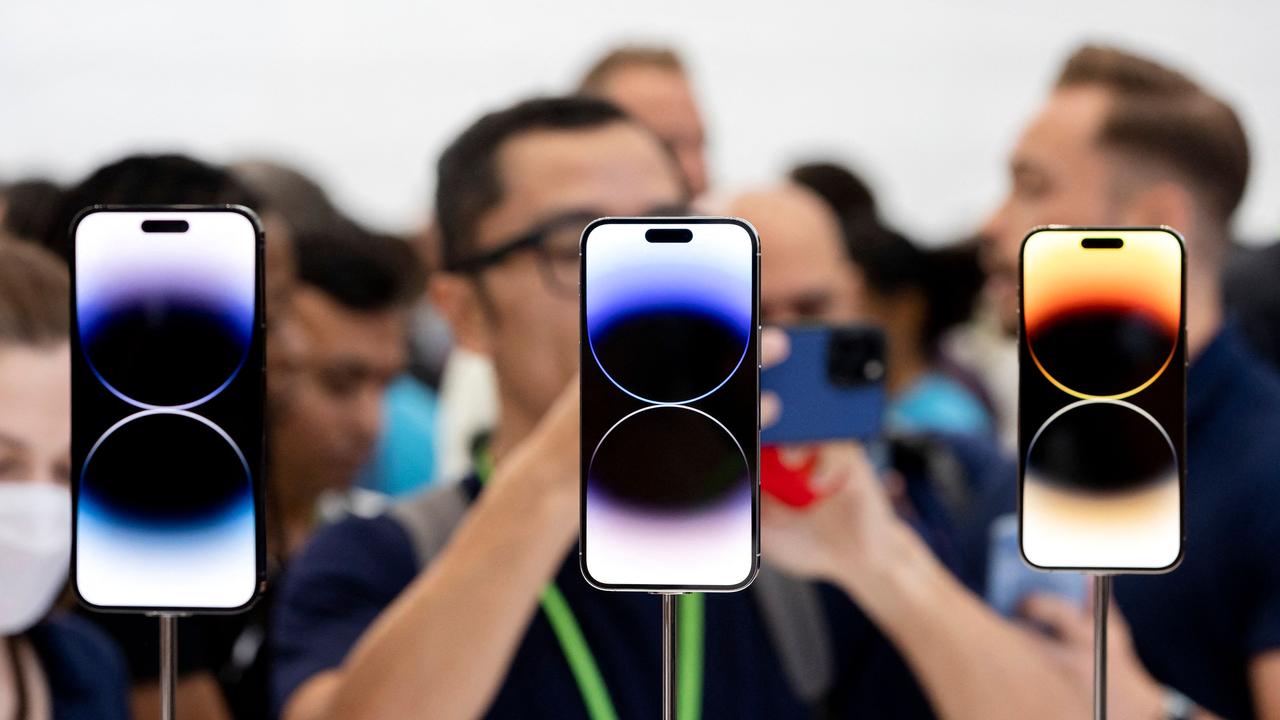Apple is set to face a staggering shortfall of six million iPhone Pros – its most popular product – as a result of spiralling Covid lockdown chaos in China, an insider has claimed.
Foxconn, Apple’s main subcontractor, locked down its huge factory in Zhengzhou in October as a result of surging Covid cases, in line with China’s zero-Covid policy.
Since then, the factory – which is the world’s largest producer of iPhones, and is widely known as “iPhone City” with a workforce of 200,000 – has also been hit by further mayhem after violent protests broke out over the lockdown, pay and living conditions, which saw employees clashing with security at the plant.
Footage also emerged earlier this month showing panicked workers fleeing the factory on foot over allegedly poor conditions, while videos of the protests also went viral, leaving the international community shocked.
Earlier this month, Apple confirmed the ongoing turmoil had “temporarily impacted” production ahead of the holiday season, and warned of delays ahead.
“The facility is currently operating at significantly reduced capacity,” Apple said in a statement.
“Customers will experience longer wait times to receive their new products.”
However, an insider has now claimed the impacts will be far more severe than initially thought – a development which could be catastrophic as the Christmas shopping period fast approaches.
Speaking to Bloomberg on the condition of anonymity, the source claimed Apple would likely be short six million iPhone Pros this year alone – although that figure could change and could skyrocket even more drastically, depending on when the situation is finally resolved.
It will be a massive blow for Apple, given the Zhengzhou facility produces most of the company’s iPhone 14 Pro and Pro Max devices, which emerged as Apple’s biggest products in 2022.
Apple losing ‘$1.5 billion a week’
Dan Ives, an analyst at Wedbush Securities, told AFP earlier this month that the Apple disaster highlighted the serious flaws in China’s Covid policy.
“This is a dark sign of the zero-Covid policy in China impacting production for Apple with Foxconn,” he said.
Mr Ives also told CNN Business the shutdown was causing Apple to haemorrhage cash.
“Every week of this shutdown and unrest we estimate is costing Apple roughly $US1 billion ($A1.5b) a week in lost iPhone sales,” he said.
“Now roughly 5 per cent of iPhone 14 sales are likely off the table due to these brutal shutdowns in China.”
Apple’s shares have fallen dramatically as a result of the production fears, dropping by 2.63 per cent or $US3.89 ($A5.85) to $US144.22 ($A216.84).
In a recent note to clients, UBS said estimated production in December would fall dramatically.
“[W]e believe our December iPhone unit estimate of 83 million is likely capped and could potentially come in lower than expectations,” UBS analyst David Vogt.
“Although demand does not appear to be the gating factor, based on conversations with investors, we believe the market is bracing for units to come in a million or two below our estimate.”
UBS also claimed Apple iPhone wait times had exploded, doubling in just four weeks to 38 days and indicating it was now too late to buy an Apple iPhone 14 Pro or Pro Max in time for Christmas.
Apple’s woes come as China grapples with unprecedented protests which many have described as the most significant since the Tiananmen Square protests in 1989.
In a nation where public dissent is rare and swiftly curtailed, protests have broken out across the country as a result of growing frustration with its zero-Covid strategy, with citizens erupting after a fire at a high-rise residential block on Friday left 10 dead and injured nine others.
Angry residents demanded to know if firefighters were delayed from coming inside the apartment block due to a quarantine order enforced by the government, and the tragedy has emerged as the final straw for a population no longer content with draconian pandemic restrictions while the rest of the world moves on.

